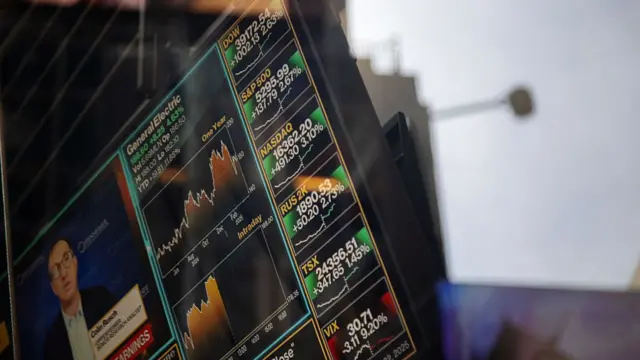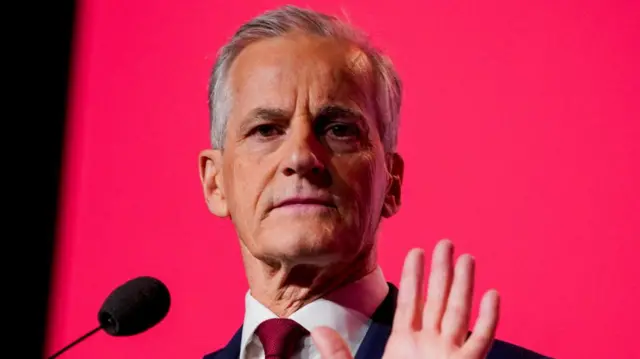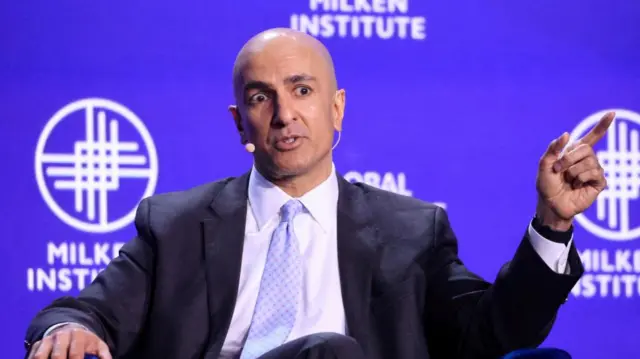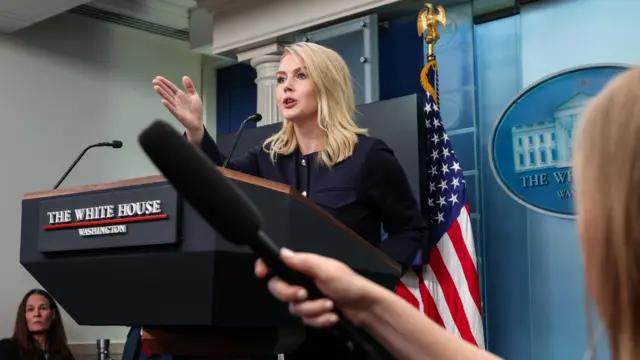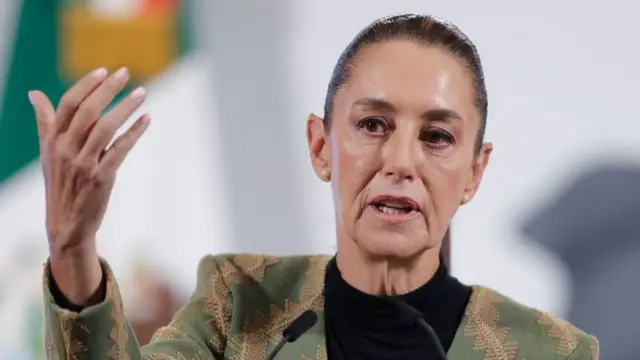Global growth forecast slashed by IMF over tariff impactpublished at 22:12 BST 22 April
 Imogen James
Imogen James
Reporting from Washington DC
The impact of US President Donald Trump's tariffs is coming to light after the global growth forecast was downgraded.
The International Monetary Fund's (IMF) new report shows the United States faces the biggest downgrade among advanced economies.
The report states that an increase of tariffs and uncertainty will cause a "significant slowdown," predicting the US economy will grow 1.8% this year, down from its previous estimate of 2.7%.
The IMF also said there is a 40% chance of a recession in the US.
It isn't the only country affected. The IMF slashed growth expectations for Canada, Japan, the UK, Germany, France and Italy.
The White House did not address the IMF's report today.
Instead, press secretary Karoline Leavitt said there were 18 proposals for trade deals on the table, and plenty more discussions being had.
Americans remain divided. A farmer told us whilst tariffs will raise some costs, the long-term outcome is positive. But a comic store owner is already paying more, and says he will have to pass additional costs onto customers.
You can read more here about how the IMF slashed global growth forecasts.
Our live coverage is now ending, thanks for joining us.

